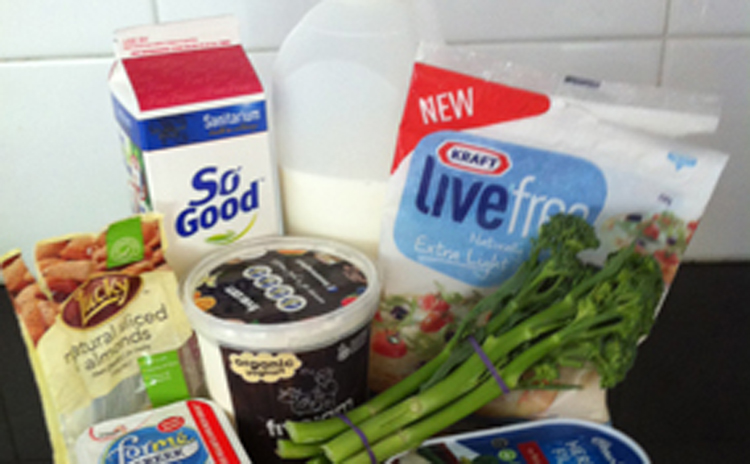
Ever since you were a child, you’ve probably heard that calcium is an essential part of a healthy diet. Children are often encouraged to consume milk and other dairy products to help “build strong bones,” but this essential mineral should remain a vital part of any diet during adulthood as well. Calcium not only helps maintain strong bones and fights osteoporosis, it also helps blood clot, nerves communicate, and muscles contract. Still, many adults do not get the recommended amount each day.
Since the body does not immediately produce obvious symptoms of calcium deficiency, it can be difficult to know if you’re missing out on this essential nutrient. This is why adults must continue to stay cognizant of their calcium intake throughout their entire lives.
Why You Need Calcium
Calcium is necessary for life; it makes up 1-2% of the body’s mass, with about 99% of that being found in the bones and teeth. The body does not naturally produce this essential mineral, and when we do not absorb enough for our body’s needs through diet, it is taken from our bones, which is why it is vital to replace what we lose each day with food sources that are rich in calcium.
Our bones reach their peak strength and calcium content around adolescence. After about age 30, our bones begin to slowly lose calcium as the body pulls it from them, leading to increased risks of osteoporosis and fractures. But these risks can be reduced with an active lifestyle and by getting the recommended amount of calcium and vitamin D each day.
Good Sources of Calcium
Most adults require 1,000 mg of calcium per day. Though supplements are helpful, high quality foods are by far the best source and help fulfill other nutritional needs as well. Here are great ways to get more calcium in your diet:
- Milk, Cheese, and Yogurt: Most dairy products contain plenty of calcium, including low-fat yogurt and milk. Fortified soy and almond milk are also great sources, especially for those avoiding lactose.
- Dark, Leafy Green Vegetables: Vegetables like collards, kale, bok choy, and broccoli are wonderful dietary sources of calcium. They’re also great sources of folate, vitamins A, C, E, and K, and B-vitamins.
- Supplements: If you get enough calcium from the foods you eat, there is no need to supplement. Aim to get at least 1,000 mg each day, and supplement only if needed to make up for any shortfall.
Calcium is not only important for children. Be sure to consume calcium-rich foods at all ages, to keep your bones healthy and strong. For even more ideas and food suggestions, check out this guide to calcium sources from the National Osteoporosis Foundation.
